Training Program
Training Programs & Categories
Propose new value by identifying and connecting the diverse needs of society. Co-create an abundant future providing various financial and business solutions
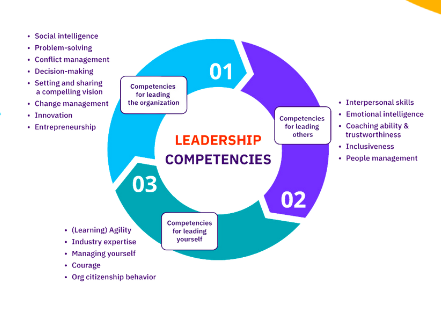

Management dan Leadership

Banking & Investment

Communication Skills

Project Management

Management dan Leadership

Banking & Investment

Communication Skills

Project Management

Innovation & Creativity

Administration & Secretarial

Finance Management

Pre-Retirement Program

Sales & Marketing

Administration & Secretarial

Finance Management

Pre-Retirement Program

Sales & Marketing
Training Program Details
Assertive & Interpersonal Communication Skills
The Assertiveness & Interpersonal Communication Skills Training program is designed to equip participants with the essential skills to communicate confidently and establish meaningful connections in professional settings. Assertiveness refers to the ability to express thoughts, ideas, and opinions confidently, while also respecting the rights and perspectives of others. In today’s workplace, where effective communication and collaboration are crucial, assertiveness plays a pivotal role in fostering positive relationships, resolving conflicts, and driving successful outcomes. Through interactive sessions and practical exercises, participants will enhance their assertiveness, develop active listening skills, manage conflicts constructively, and build strong relationships, ultimately contributing to a harmonious and productive work environment.
- Enhance Assertiveness: Participants will develop the ability to express their thoughts, ideas, and opinions assertively, enabling them to effectively communicate their needs and boundaries while respecting those of others.
- Improve Active Listening: Participants will learn techniques for active listening, enabling them to truly understand others’ perspectives, foster empathy, and create a positive communication environment.
- Develop Conflict Resolution Skills: Participants will acquire strategies for managing interpersonal conflicts constructively, focusing on win-win solutions, and fostering collaborative relationships.
- Build Strong Relationships: Participants will gain insights into building rapport, establishing trust, and cultivating professional relationships that contribute to a positive and productive work environment.
Supervisory Leadership Skills
Leadership for supervisors involves the ability to guide, motivate, and inspire teams to achieve organizational goals while ensuring a positive work environment. This comprehensive training equips participants with the tools to effectively lead and manage teams, drive performance, and create a culture of success. By enhancing their leadership capabilities, supervisors empower employees, foster collaboration, and drive employee engagement, resulting in increased productivity, job satisfaction, and overall organizational success.
- Develop Effective Leadership Skills: Participants will acquire the necessary skills and knowledge to lead with confidence, effectively communicate expectations, motivate team members, and inspire high performance.
- Enhance Team Management: Participants will learn techniques to build and manage high-performing teams, foster collaboration, resolve conflicts, and delegate responsibilities effectively.
- Foster a Positive Work Environment: Participants will understand the importance of cultivating a positive work culture, fostering employee engagement, and promoting a sense of belonging and trust within their teams.
Leadership & Management Skills
Leadership and management skills are essential for guiding teams, driving productivity, and achieving organizational goals. Effective leadership fosters employee engagement, motivation, and satisfaction, resulting in higher levels of performance and productivity. Strong management skills enable individuals to plan and organize work, make informed decisions, resolve conflicts, and create a positive work environment. By developing leadership and management skills, individuals can inspire and influence their teams, build cohesive and high-performing units, and contribute to the overall success of the organization.
- Develop Effective Leadership Abilities: Enhance leadership capabilities to inspire and guide teams toward success.
- Strengthen Management Skills: Acquire practical management techniques to plan, organize, and execute tasks efficiently.
- Foster Effective Communication: Enhance communication skills to facilitate clear and impactful interactions with team members.
Effective Time Management, Managing Workload and Setting Priority
Knowing and developing skills in concern for detail, planning, and organizing is crucial for effective time management, managing workload, and setting priorities. These skills allow individuals to maintain focus, prioritize tasks, and optimize their productivity. By paying attention to detail, individuals can ensure accuracy and quality in their work, minimizing errors and rework. Effective planning and organizing help individuals allocate their time and resources efficiently, ensuring that tasks are completed on time and deadlines are met. Overall, mastering concern for detail, planning, and organizing enhances efficiency, reduces stress, and promotes professional effectiveness.
- Enhance Time Management Skills: Develop techniques to manage time efficiently, meet deadlines, and increase productivity.
- Improve Concern for Detail: Strengthen attention to detail to minimize errors, improve accuracy, and ensure quality of work.
- Master Planning and Organizing: Develop effective planning and organizational skills to streamline work processes and optimize resource allocation.
Creative Problem Solving & Decision Making
Effective problem-solving skills are essential for individuals at all levels within an organization. Learning problem-solving skills enables individuals to tackle complex challenges, find innovative solutions, and make informed decisions. By developing problem-solving abilities, individuals become adept at identifying root causes, analyzing information, and generating effective strategies. These skills foster adaptability, critical thinking, and creativity, enabling individuals to navigate uncertainties and drive positive change. Ultimately, mastering problem-solving skills empower individuals to overcome obstacles, seize opportunities, and contribute to the overall success and growth of their organization.
- Develop Creative Problem-Solving Skills: Enhance creative thinking abilities to identify alternative solutions and approaches to complex challenges.
- Improve Decision-Making Capabilities: Strengthen critical thinking skills to evaluate options, analyze risks, and make informed decisions.
- Apply Structured Problem-Solving Techniques: Learn systematic problem-solving frameworks to address issues effectively and efficiently.
Strategy Execution & Implementation
Understanding the principles of driving execution is crucial for organizational success. Effective strategy execution ensures that organizational goals and initiatives are translated into action, leading to desired outcomes. It involves aligning teams, allocating resources, monitoring progress, and overcoming implementation challenges. By learning about driving execution, leaders can enhance their ability to execute strategies, drive performance, and achieve results. This knowledge empowers leaders to navigate complexities, foster accountability, and create a culture of achievement within their organizations. Knowing how to drive execution is vital for turning strategic visions into tangible and impactful outcomes.
- Develop Execution Mindset: Understand the importance of execution in achieving strategic goals.
- Enhance Implementation Capabilities: Acquire skills to successfully translate strategy into action.
- Overcome Implementation Challenges: Identify and overcome common barriers to strategy execution.
Coaching & Mentoring for Performance
Leaders who possess an achievement-oriented mindset foster a culture of high performance, continuous improvement, and goal attainment. By understanding achievement orientation, leaders can inspire and motivate their team members to strive for excellence, set challenging goals, and overcome obstacles. Effective coaching and mentoring with an achievement-oriented approach not only enhances individual performance but also contributes to the overall growth and success of the organization. Knowing how to foster achievement orientation empowers leaders to unlock their team’s full potential and achieve exceptional results.
- Develop Coaching Skills: Acquire techniques to provide effective coaching for performance improvement.
- Enhance Mentoring Abilities: Foster professional growth and development through impactful mentoring relationships.
- Cultivate an Achievement-Oriented Culture: Inspire and motivate individuals to set challenging goals and drive performance.
Service Excellence and Customer Care
Learning the art of managing business: customer service is crucial for any organization aiming to thrive in today’s competitive market. Exceptional customer service not only enhances customer satisfaction but also fosters customer loyalty, promotes positive brand reputation, and drives business growth. By developing skills in managing business: customer service, individuals gain the ability to effectively communicate with customers, understand their needs, and exceed their expectations. This leads to increased customer loyalty, repeat business, and positive word-of-mouth referrals. Emphasizing the importance of customer service within the organization creates a customer-centric culture that permeates all levels, ultimately resulting in improved customer retention, increased revenue, and sustained business success.
- Enhance Customer Service Skills: Develop the skills and techniques to provide exceptional customer service, build rapport, and handle customer inquiries effectively.
- Foster a Customer-Centric Culture: Understand the importance of a customer-centric approach and how it contributes to business success.
- Manage Customer Expectations: Learn strategies to manage customer expectations, resolve complaints, and turn challenges into opportunities.
Commercial Awareness and Business Sense
Having business sense is crucial for making informed decisions and driving strategic initiatives. It enables leaders to understand the market dynamics, industry trends, and competitive landscapes in which their organization operates. By developing business sense, leaders can assess opportunities, mitigate risks, and align their decisions with broader business objectives. Business sense empowers leaders to identify new avenues for growth, optimize resources, and navigate challenges effectively. Understanding the key drivers of business success allows leaders to make well-informed decisions, capitalize on market opportunities, and contribute to the overall growth and profitability of the organization.
- Develop Commercial Awareness: Gain a comprehensive understanding of the business landscape and market dynamics.
- Enhance Business Acumen: Acquire the skills to make informed decisions and drive strategic initiatives.
- Foster Strategic Thinking: Develop the ability to identify opportunities and challenges, and align decisions with business objectives.
Excellent Work Behaviour and Proactivity
Being proactive and assertive in the workplace is vital for individual and organizational success. Taking initiative allows individuals to anticipate and address challenges, identify opportunities for improvement, and drive positive change. Proactive individuals demonstrate a sense of ownership, initiative, and accountability, contributing to increased productivity and efficiency. Similarly, assertiveness enables effective communication, the expression of ideas, and the ability to provide and receive feedback constructively. By being proactive and assertive, individuals can influence outcomes, foster collaboration, and enhance their overall effectiveness in the workplace, leading to personal growth and organizational success.
- Develop Excellent Work Behaviours: Cultivate professionalism, ethics, and positive work attitudes that contribute to a thriving work environment.
- Foster Proactivity and Initiative: Encourage a proactive mindset, take ownership of tasks, and identify opportunities for improvement.
- Enhance Assertiveness Skills: Develop assertive communication techniques to express ideas, provide feedback, and address challenges effectively.
Business Communication
Being proactive and assertive in the workplace is vital for individual and organizational success. Taking initiative allows individuals to anticipate and address challenges, identify opportunities for improvement, and drive positive change. Proactive individuals demonstrate a sense of ownership, initiative, and accountability, contributing to increased productivity and efficiency. Similarly, assertiveness enables effective communication, the expression of ideas, and the ability to provide and receive feedback constructively. By being proactive and assertive, individuals can influence outcomes, foster collaboration, and enhance their overall effectiveness in the workplace, leading to personal growth and organizational success.
- Develop Excellent Work Behaviours: Cultivate professionalism, ethics, and positive work attitudes that contribute to a thriving work environment.
- Foster Proactivity and Initiative: Encourage a proactive mindset, take ownership of tasks, and identify opportunities for improvement.
- Enhance Assertiveness Skills: Develop assertive communication techniques to express ideas, provide feedback, and address challenges effectively.
Creative & Analytical Thinking
Analytical thinking enables individuals to break down complex problems into manageable components, gather and analyze relevant information, and make informed decisions. It involves the ability to examine situations objectively, identify patterns, and draw logical conclusions. By developing analytical thinking skills, individuals can make data-driven decisions, anticipate potential challenges, and identify opportunities for improvement. This empowers them to solve problems efficiently, optimize processes, and contribute to the overall success of their organization. Ultimately, analytical thinking is essential for effective problem-solving, strategic planning, and driving continuous improvement.
- Foster Creative Thinking Skills: Cultivate a mindset that embraces innovation, encourages out-of-the-box thinking, and generates creative solutions.
- Enhance Analytical Thinking Abilities: Develop the skills to analyze information, evaluate options, and make data-driven decisions.
- Integrate Creative and Analytical Approaches: Combine creative and analytical thinking techniques to solve complex problems effectively.
Strategic Thinking
Thinking organization is crucial in strategic thinking as it enables leaders to approach complex challenges and make informed decisions systematically. It involves breaking down complex problems, analyzing data, and identifying patterns to uncover insights and opportunities. By cultivating a thinking organization, leaders can anticipate changes, adapt to evolving market conditions, and develop effective strategies that drive sustainable growth. Strategic thinking allows leaders to align their decisions with organizational goals, capitalize on emerging trends, and remain competitive in dynamic business environments. It fosters innovation, encourages forward-thinking, and enables leaders to navigate uncertainties with confidence.
- Develop Strategic Mindset: Cultivate a forward-thinking and future-oriented mindset.
- Enhance Critical Thinking: Develop analytical and problem-solving skills to address complex challenges.
- Foster Innovation: Encourage creative thinking and develop strategies for driving innovation.
Code of Business Ethics and Compliance Training
Understanding and upholding business ethics and compliance is essential for maintaining trust, credibility, and integrity both within the organization and in external relationships. By adhering to ethical principles and compliance standards, organizations can mitigate legal risks, safeguard their reputation, and create a positive work environment that promotes fair and responsible business practices. By knowing and adhering to business ethics and compliance standards, individuals demonstrate their commitment to ethical behavior, safeguard the organization’s interests, and contribute to a positive corporate culture. This knowledge empowers individuals to make ethical decisions, foster trust among stakeholders, and establish a strong foundation for sustainable growth and success.
- Promote Ethical Awareness: Raise awareness of the importance of ethical behavior and its impact on individuals and the organization.
- Ensure Compliance with Laws and Regulations: Understand the legal requirements and regulations applicable to the business and ensure adherence.
- Foster a Culture of Integrity: Encourage ethical decision-making and promote a culture of integrity and responsible conduct.
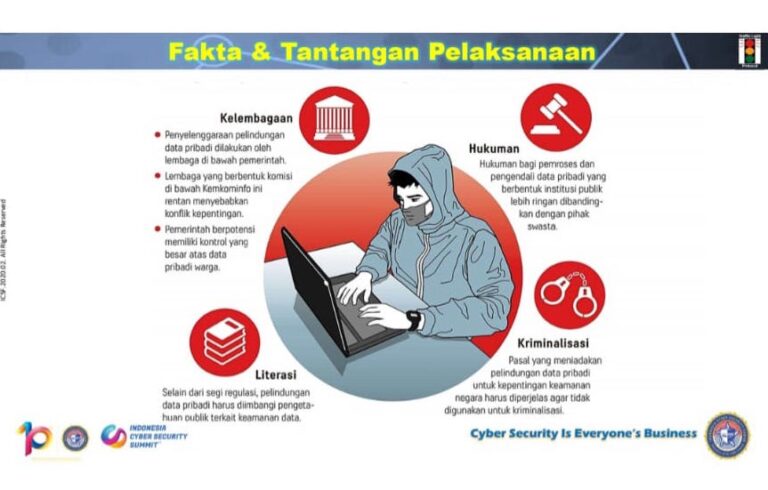
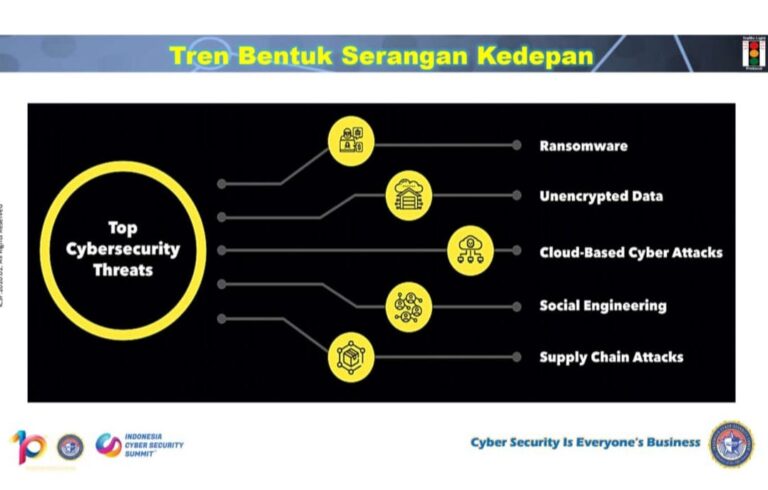
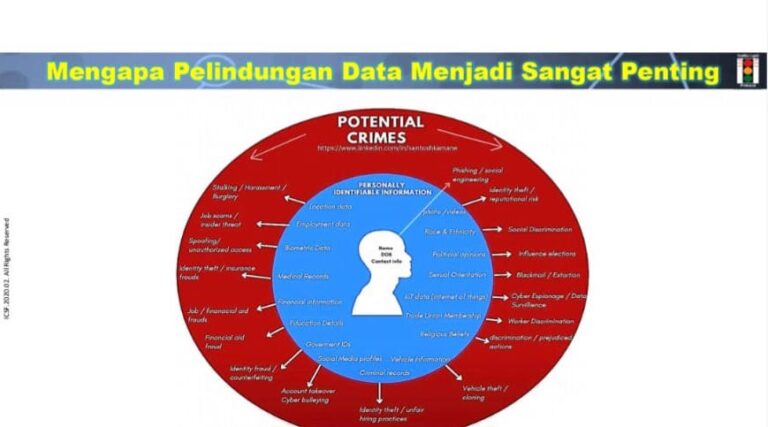
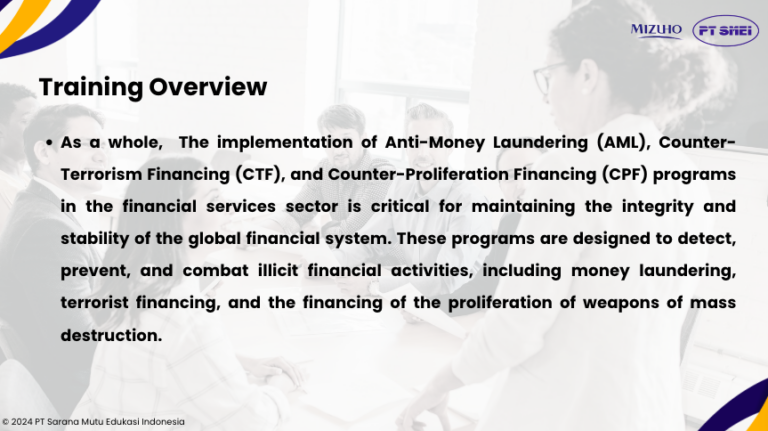
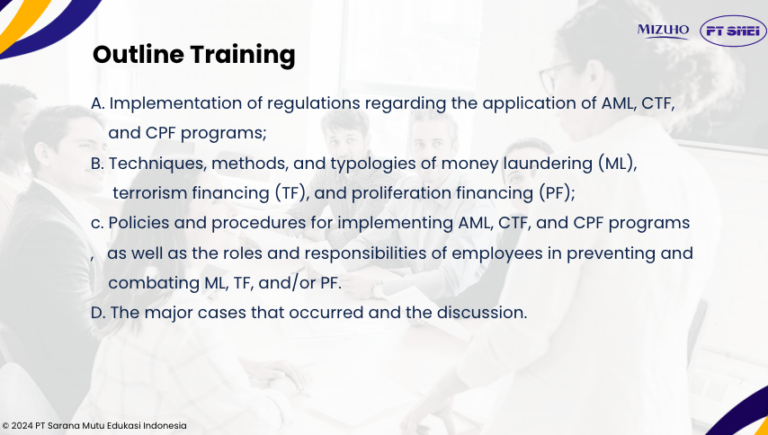

Managing Organization
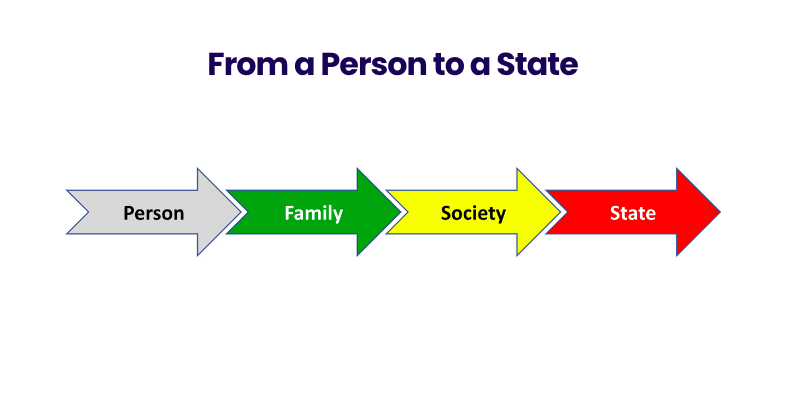
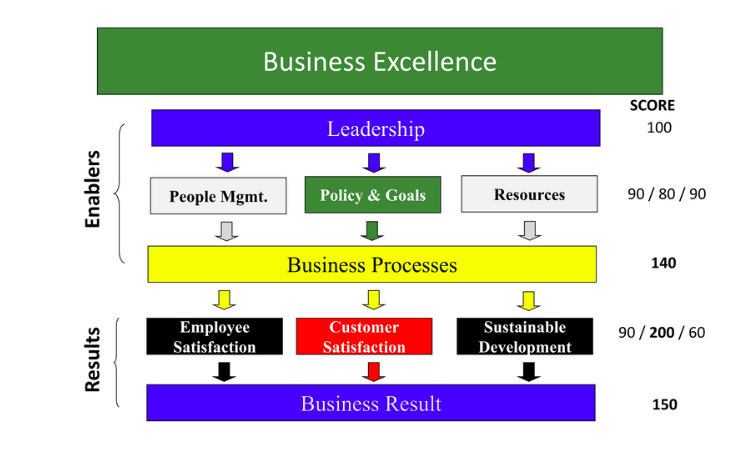
College Opportunities





